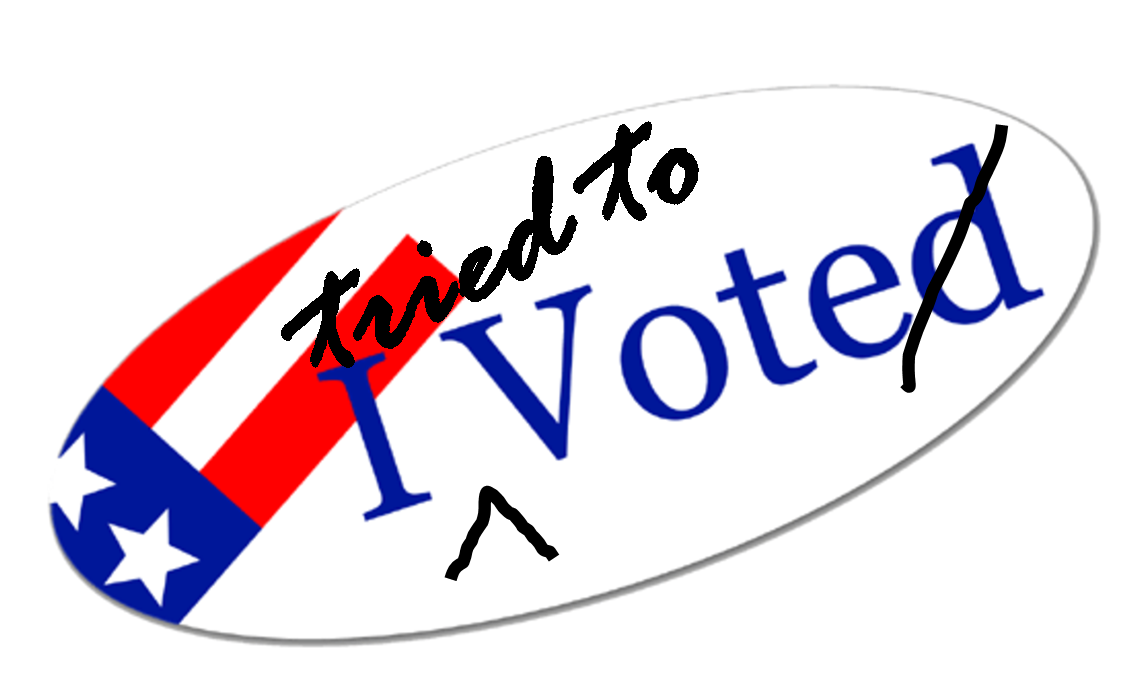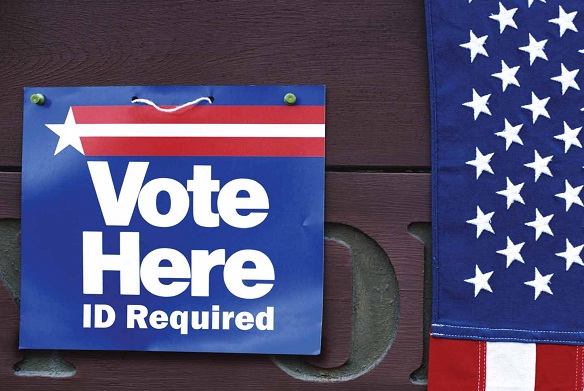Gender Does Not Need an ID
On March 1, not only will more than two states be voting for the first time in the 2016 presidential primaries to potentially establish the frontrunners of both parties, but thousands of voters will also be disenfranchised from this critical “democratic” procedure.
Of the eleven states that will be holding primaries and caucuses that day, five—Alabama, Georgia, Texas, Tennessee, and Virginia—require voters to present photo ID at the polls to vote and three—Alaska, Colorado, and Oklahoma—require some form of government-issued identification.
Currently, eighteen states demand only photo ID and fourteen states mandate some form of government-issued identification for voters to be able cast a ballot in the 2016 primaries and general election.
Although political pundits have noted that voter ID laws disenfranchise African-Americans and Latinos, voter ID laws also stand to disenfranchise transgender people because a significant portion of transgender people do not have identification that accurately reflects their gender identity.
 According to the National Center for Transgender Equality, as of January 2016, around 33% of transgender people have not updated any of their government-issued ID or records. Many transgender people cannot modify such information because of unjust bureaucratic demands and harassment targeted against them.
According to the National Center for Transgender Equality, as of January 2016, around 33% of transgender people have not updated any of their government-issued ID or records. Many transgender people cannot modify such information because of unjust bureaucratic demands and harassment targeted against them.
In many states like Georgia, transgender people can only legally change their identification by providing medical documentation of gender reassignment surgery. Though 33% of transgender people report having undergone some form of gender reassignment surgery, the vast majority of them refuse or cannot have such surgeries due to financial costs. As a result, such laws serve to obstruct the voting rights of most transgender people.
Moreover, according to the National Center for Transgender Equality, homelessness has been a common affliction among transgender people: nearly 1 in 5 transgender people in the U.S. have experienced homelessness at some point in their lives and 1 in 10 have been evicted from their homes because of their gender identity. Considering the fact that some states require people to give proof of their name, identity, and SSN to issue a state ID or driver’s license, this social phenomenon has meant the disenfranchisement of significant portions of the transgender population.
Additionally, transgender people who choose not to update their identification face harassment by government officials when they present identification with an incorrect gender marker. According to the Williams Institute on April 2012, fifteen percent of transgender voters were asked to leave the venue when they presented an ID with an incorrect gender marker, while three percent of them were assaulted. Because government officials are not trained on how to engage appropriately with transgender people, the voting booth themselves can easily become a violent space for transphobia.
 More importantly, while the disenfranchisement of transgender people does affect battleground states like Florida during presidential primaries and general elections, it may also prevent transgender people from voting on issues that matter specifically to them.
More importantly, while the disenfranchisement of transgender people does affect battleground states like Florida during presidential primaries and general elections, it may also prevent transgender people from voting on issues that matter specifically to them.
In South Dakota, for instance, the state legislature approved legislation requiring transgender students to use bathrooms and locker rooms that correspond to their biological sex at birth. Because of South Dakota’s photo ID requirements for voting, thousands of transgender people in South Dakota could have been prevented from having a voice in stopping the legislators who voted for the student bathroom bill.
Likewise, in South Carolina, the state legislature considered a bill that would have prevented transition-related treatment for transgender prisoners. Identification restrictions on voting meant that thousands of the state’s transgender citizens could have had no say on political issues that specifically impacted them.
What does all of this disenfranchisement boil down to? Because transgender people, compared to average voters, have a more difficult time voting on referendums and electing representatives and national candidates, they cannot progress economically and socially as easily as other citizens in the U.S. Without the same political power as other citizens, transgender people have a harder time preventing transphobic legislation like the South Dakota student bathroom ban from passing, and they face a more arduous task of pressuring lawmakers to pass trans-friendly laws.
Although it should not be the sole reason to call for the removal of voter ID requirements, the disenfranchisement of transgender people does serve as a significant justification in favor of such removal. In a nation where all men are created equal, the suffering of transgender suffrage must end as soon as possible.

